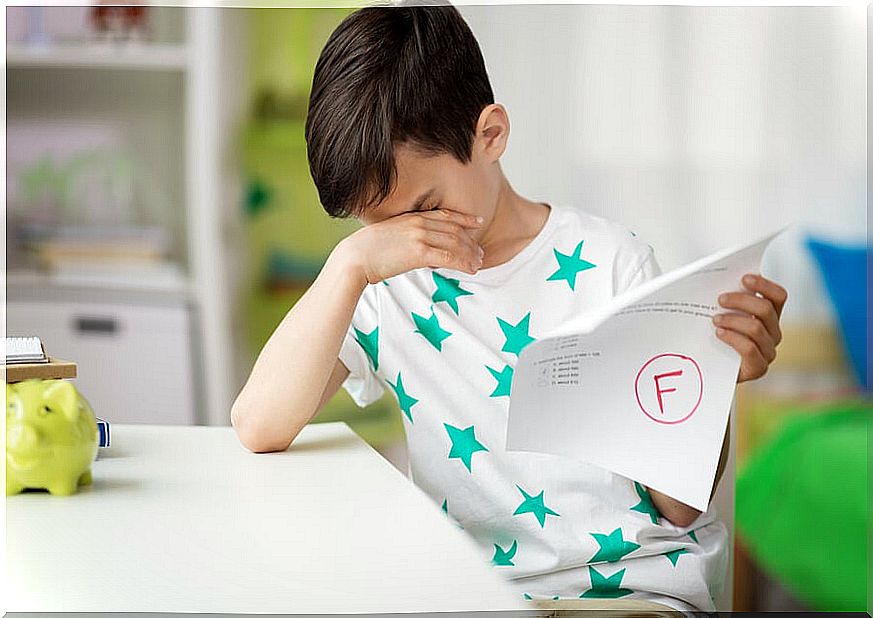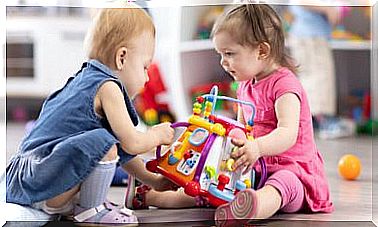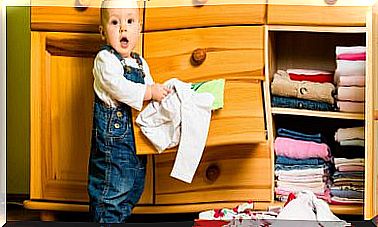Repeat Course: An Effective Measure?
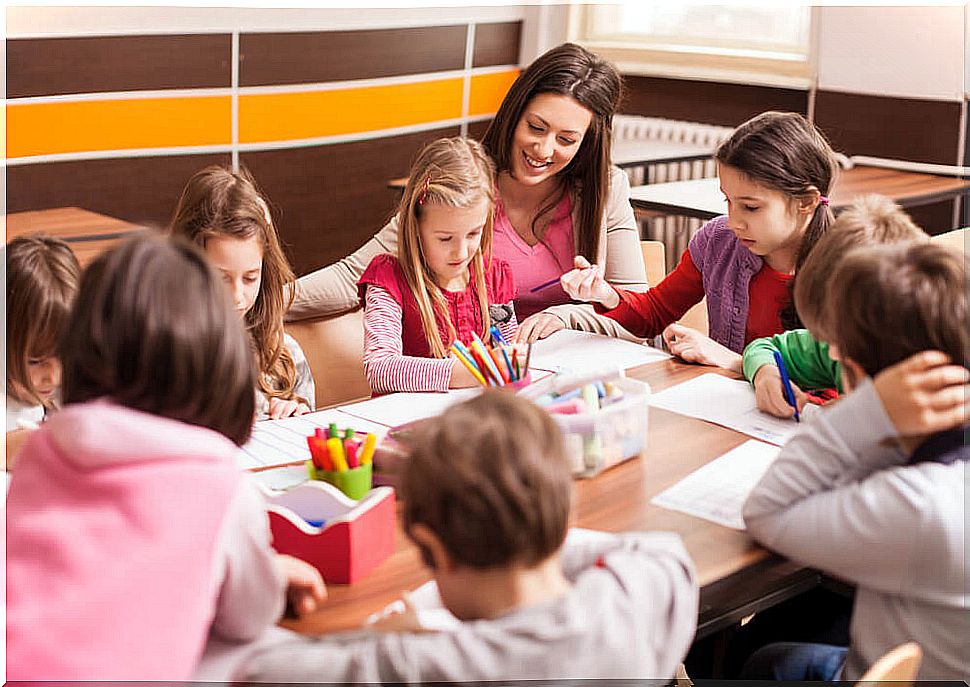
Repeating a year in our country is common and there are many theories about it. The results of the study “To repeat or not to repeat?”, Of the Doctor of Education Helen McGrath-Deakin University (Melbourne) are very clarifying.
This study was published in the Journal of the WAPPA (Western Australian Primary Principals’ Association). It includes the results of several previous investigations carried out by other professionals.
Therefore, focusing on this study we will have clear conclusions on the issue of whether or not repeating a course is necessary and useful for students. We will also take into account data from the PISA educational report from recent years.
Current situation at the time of reptir course
Research on the effects of repeating a year has accumulated in recent decades. Most of this research clearly indicates that there are no academic or social advantages for the majority of students who repeat.
There is probably no other educational topic on which the research evidence is so unequivocal. But, on the other hand, it is one of the educational issues in which there is more discrepancy between what the studies say and the practice in the centers.
This discrepancy between the evidence of reality and practice is clear. The practice of having students repeat a year is widely accepted in many centers around the world. There are several people in charge of the PISA educational report who have affirmed the following:
For years it has been recommended that Spain increase individualized teaching in the classroom. This would prevent students from leaving the system feeling that they are not meeting expectations.
Specific data on repeating a grade and its consequences
Repeating a year does not improve academic results
Most of the time, repeat students never catch up academically. The academic achievements of students who repeat at any level of education are minimal and short-lived.
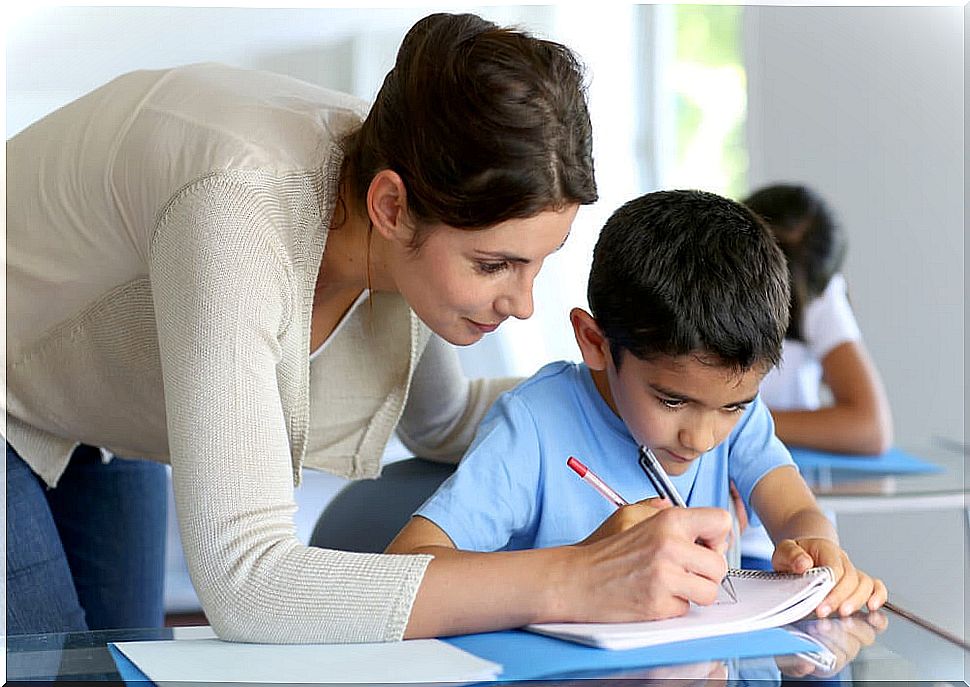
Also, repetition is often seen as a demonstration of failure. It can negatively influence the perceptions and expectations of teachers about the student.
Repetition contributes negatively to mental stability
Withdrawing a course, even when handled with sensitivity and confidentiality, makes students think they have “failed. ” As a result, they are estranged from their peers their own age. Studies from the University of Cambridge conclude that, for most students, this creates a feeling of shame, a sense of stigma and loss of self-esteem.
Repeating a year is a major source of stress for most students. In a University of California study conducted by Professors R. Jimerson Shane, Gabrielle E. Anderson, and Angela D. Whipple, clarifying conclusions were drawn:
The fact of being older and therefore taller and physically mature than their classmates, also causes stress in many repetidore s. In many cases this affects their social behavior. In addition, repeaters have to develop new social relationships almost as if they were changing schools.
Repeat creating a negative attitude towards school and learning
Students who repeat have a 20% to 50% higher probability of dropping out of secondary education. This is so when comparing them with students with similar levels of performance or behavior who did not repeat. Several studies support this claim, including the one carried out by the University of Minnesota (Temple and Reynolds).
Behavior problems
The experience of repeating can increase aggressiveness and misbehavior. In those students who already showed early signs of antisocial behavior, it is more pronounced. The frustration, disappointment, and anger generated by this visible school failure contribute to students becoming antisocial.
Alternatives to repeating the course
Repeating grade is a strategy that does not address the needs of the majority of students who are achieving poor results. Nor those of those with social or behavioral difficulties. Getting the student to pass classes with peers his age without a structured plan is not the answer.
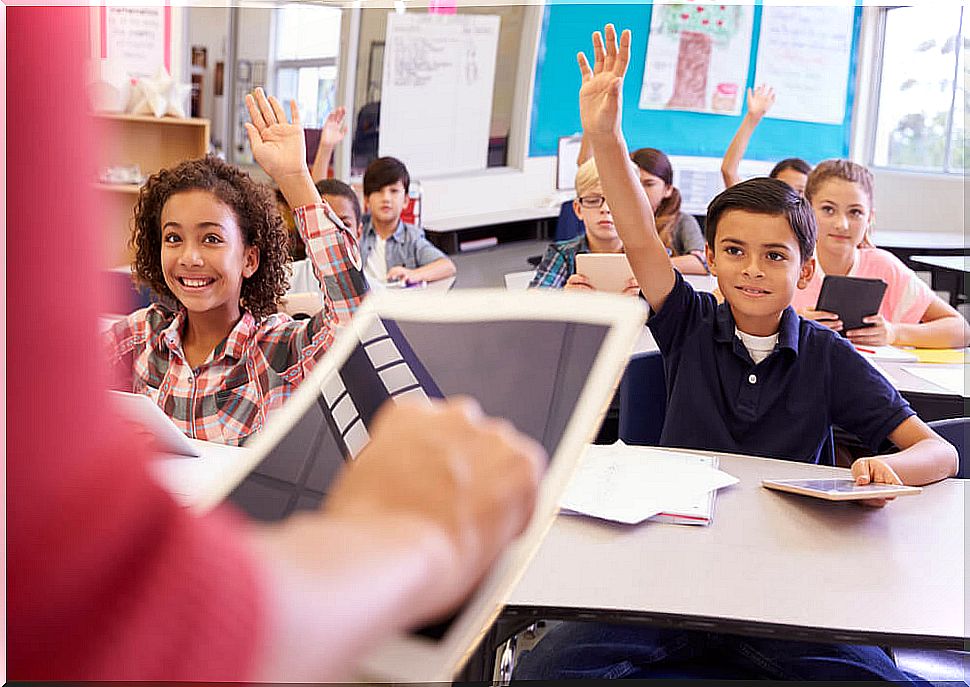
Ideally, intervention strategies and approaches should be used in centers. Above all, intervention supported by meeting the specific needs of each student.
- Use cooperative learning strategies.
- Teach students to develop and use mnemonic strategies to help them recall key concepts and information.
- Use rubrics for self-assessment.
- Relate classroom activities and curriculum to students’ backgrounds, lives, and current knowledge.
In conclusion: the results of research studies of the last decades do not support that repeating a grade is an appropriate intervention. There may be an occasional student who finds repeating works, but giving more of what didn’t work the first time to a student is a useless exercise.
